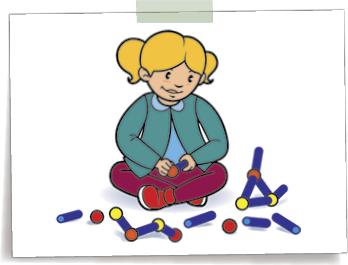How do I know if my child has a voice problem?
A child may have difficulty with their voice when it frequently sounds:
- rough or hoarse
- husky
- nasal (like they are talking through their nose)
- unusual or different to their friends' voices
Some tamariki (children) may lose their voice completely at times.

How can I help my child with a voice problem?
Avoid yelling
Try to reduce situations where your child is yelling. For example, try not to yell across a room or playground instead, encourage them to walk over to talk to someone.
Have a quiet environment
Try to reduce situations where your child is talking over the top of noise; like loud music.
Encourage quiet activities
Encourage periods of quiet activities to give the voice a rest; such as looking at books or doing a craft activity.
Who should I talk to if I am concerned about my child's voice?
If you have any concerns about your child's voice talk to your child's doctor who may refer your child to a specialist or a speech language therapist.
Acknowledgements
The content on this page has been produced in collaboration with the Ministry of Education and adapted from Much more than words | Manuka takoto, kawea ake (2014).
References
If you would like to look at anything in more detail, this list of references might be a good starting point.
